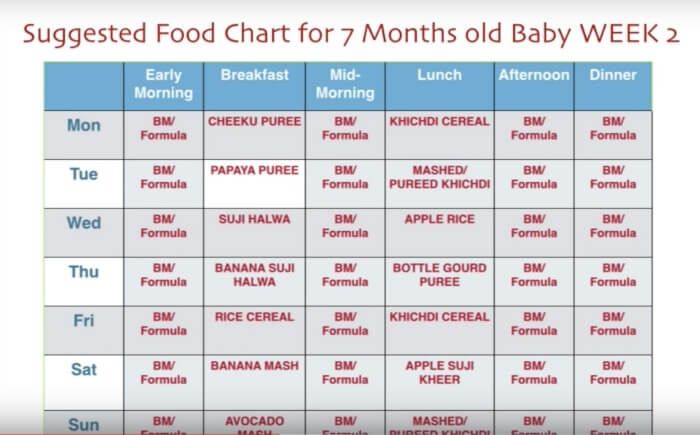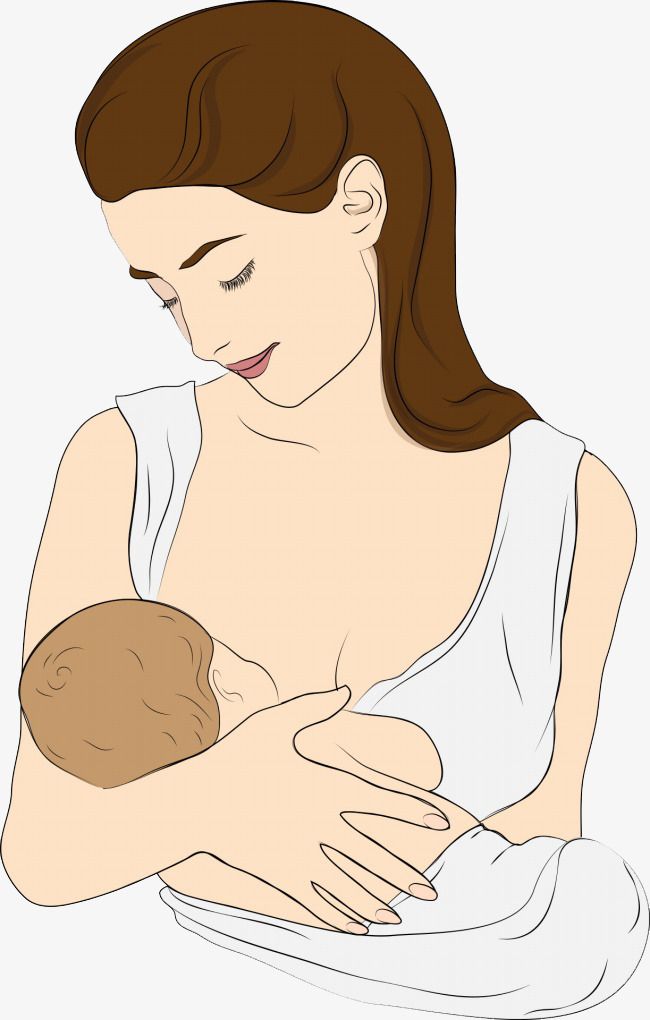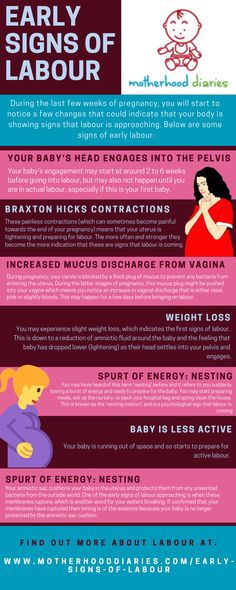Anxiety attack pregnant
How can you manage anxiety during pregnancy?
Pregnancy is an exciting time. You will soon become a parent to an adorable, tiny human. You may expect to experience the rollercoaster of emotions during pregnancy, or emotions may catch you off guard. Some women feel joy at every flutter or kick, marveling at their changing bodies. For other women, pregnancy is hard, giving no reprieve as it brings severe fatigue, mood changes, and constant worries. You may notice that with every passing month, your thoughts are spiraling out of control, affecting your performance at work and your relationships at home. But how do you manage your anxiety, and should you treat it?
What causes anxiety during pregnancy?
Worries during pregnancy are universal. Hormonal changes of pregnancy, prior heartbreaking miscarriages, and sleep difficulties may all contribute to anxiety for mothers-to-be. You may worry about how a baby will affect your relationships with friends or family members, the health of your future child, the delivery experience, or the financial burden of an additional family member. All of these worries are completely normal. For humans, a certain amount of anxiety is protective; how else could we motivate ourselves to complete our work or run away from a bear?
What are the symptoms of anxiety disorders during pregnancy?
Although it’s normal to be worried about the health of your baby, in some cases this worry becomes debilitating and may require further attention. Thoughts about the health of the baby may become obsessive, even when doctors are reassuring. Worries may also appear as physical symptoms, such as a rapid heartbeat, difficulty breathing, or panic attacks. If this is the first time you experience a high level of anxiety, this may be frightening in itself. When anxiety starts to interfere with your day-to-day functioning, relationships, or job performance, it may be classified as an anxiety disorder — if your doctor picks up on it.
Anxiety can occur at any time during pregnancy, or it may first appear after delivery (perinatal anxiety is the term used for anxiety during pregnancy and after delivery). The rates of generalized anxiety disorder appear to be highest in the first trimester, likely due to hormonal changes. The most common symptoms of anxiety include constant worrying, restlessness, muscle tension, irritability, feeling dread, an inability to concentrate, and difficulties falling asleep due to worries. Some women also experience symptoms as a result of other anxiety disorders, including panic disorder, obsessive-compulsive disorder, or post-traumatic stress disorder.
The rates of generalized anxiety disorder appear to be highest in the first trimester, likely due to hormonal changes. The most common symptoms of anxiety include constant worrying, restlessness, muscle tension, irritability, feeling dread, an inability to concentrate, and difficulties falling asleep due to worries. Some women also experience symptoms as a result of other anxiety disorders, including panic disorder, obsessive-compulsive disorder, or post-traumatic stress disorder.
Unfortunately, two of the most common mental health screening tools in pregnancy (the Edinburgh Postnatal Depression Screen and Generalized Anxiety Disorder 7-item Scale) are not great at detecting anxiety in pregnancy. Although underdiagnosed, anxiety disorders during pregnancy and in the postpartum period are common, and may affect up to one in five women. Many women suffer in silence.
What are the effects of untreated anxiety on the fetus?
When thinking about management of anxiety, it is important to consider both the risks of treatment as well as the harms of untreated anxiety. Although less studied than depression, research suggests that anxiety may negatively affect both the mother and the fetus. Anxiety increases the risk for preterm birth, low birthweight, earlier gestational age, and a smaller head circumference (which is related to brain size).
Although less studied than depression, research suggests that anxiety may negatively affect both the mother and the fetus. Anxiety increases the risk for preterm birth, low birthweight, earlier gestational age, and a smaller head circumference (which is related to brain size).
What are some treatments for anxiety during pregnancy?
Fortunately, there are many treatments that can reduce anxiety during pregnancy and help you feel better. For many women, anti-anxiety medication is not an option during pregnancy, as there is little information on the safety of such medication on the fetus. Some women who had previously taken medications for anxiety may wish to discontinue medications during pregnancy for personal reasons.
Therapies such as cognitive behavior therapy (CBT) demonstrate promise in the peripartum period (the period shortly before, during, and after giving birth). CBT focuses on challenging maladaptive thoughts, emotions, and actions, and it uses anxiety management strategies such as diaphragmatic breathing (adapted to pregnancy).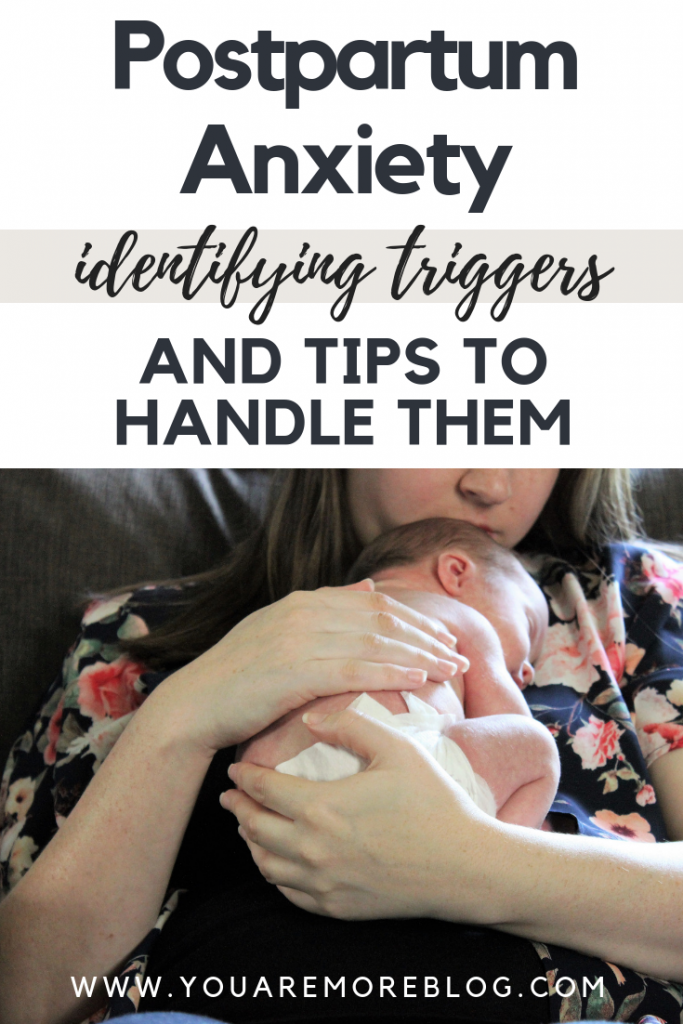
If your anxiety is severe, medications may be an option for you. Selective serotonin reuptake inhibitors (SSRIs) are commonly prescribed for depression and anxiety during pregnancy and after delivery. It does not appear that SSRIs are associated with an increased risk of major congenital malformations. However, SSRIs may be associated with transient neonatal symptoms such as jitteriness, tremor, crying, and trouble feeding, which resolve on their own in a few days.
The use of benzodiazepines such as lorazepam (Ativan) and alprazolam (Xanax) during pregnancy has long been a controversial topic. Although older studies showed an association between their use and an increased risk for cleft lip and palate, a more recent study looking at benzodiazepine use during pregnancy did not show this link when these medications were used alone (although there may be an increased risk when combined with antidepressants).
What else helps anxiety during pregnancy?
- Engage in regular physical activity.
 In general, it is safe to engage in physical activity during pregnancy. However, if you are at risk for preterm labor or have pregnancy complications, consult with your doctor first.
In general, it is safe to engage in physical activity during pregnancy. However, if you are at risk for preterm labor or have pregnancy complications, consult with your doctor first. - Ensure adequate sleep. Whether it’s a calming bedtime routine, pregnancy pillow, or a few nights in a bed away from your snoring partner, now is the time to learn what works for your sleep.
- Practice mindfulness. Research shows that mindfulness may reduce worries about labor, and it may even prevent postpartum depression.
- Journaling. Writing about your worries may help you brainstorm potential solutions, and it allows you to reflect on your concerns.
- Schedule worry time. We often worry because we do not want to forget something. Setting aside 30 minutes toward the end of the day provides you with a time to worry productively, but it frees you from holding onto your worries the rest of the day (practice reminding yourself "I’ll get to these thoughts later").
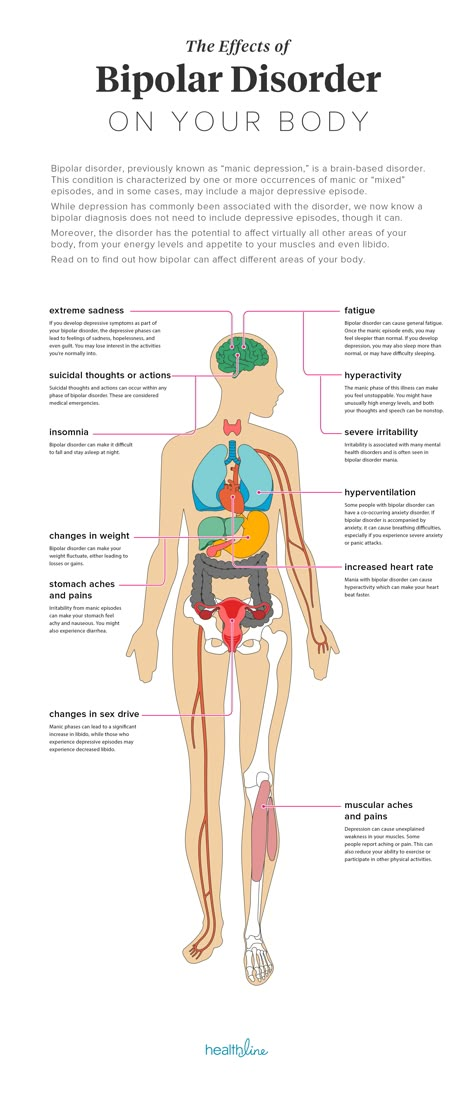
- Yoga, massage, meditation, and acupuncture. Finding relaxation techniques that work for you may take some experimentation — but their benefits will continue even after the baby arrives.
When Pregnancy Brings On Panic Attacks - Anxiety Center
Though many women might think of pregnancy as a magical time, it is not always nine months of bliss. Stress and anxiety may run high. And panic attacks during pregnancy are actually quite common. “Up to 10 percent of pregnant women struggle with panic attacks,” says Gina Hassan, PhD, a licensed psychologist in Berkeley, Calif., who specializes in perinatal health.
The symptoms of a panic attack during pregnancy are no different from a panic attack at any other time:
- Rapid heartbeat
- Chest pain
- Shaking or trembling
- Breathing difficulty
- Dizziness
“People feel like they’re having a heart attack,” Hassan says. “Some women feel like they’re going to die. ”
”
Women who have a history of panic attacks are more likely to experience panic attacks when they are pregnant. However, women who have never had a panic attack in their lives may find themselves experiencing them during pregnancy, Hassan says. On the other hand, some women who get panic attacks may find they subside when they are pregnant.
The diagnosis of a panic attack is based on a woman’s description of her symptoms. She may complain of being nauseated, having difficulty breathing, and feeling like she might die. She may go to the ER, where doctors may order tests. “To some degree, diagnosing a panic attack is ruling out other causes for these symptoms,” Hassan says.
Researchers believe panic attacks during pregnancy may be associated with a woman’s hormone levels. “It could be that the way their body responds to hormonal shifts is more dramatic,” Hassan says.
Research also shows that people may have a genetic predisposition to panic attacks — you’re more likely to experience panic attacks if a family member has had them. Stress or anxiety can bring on panic attacks, and some women find being pregnant and suddenly worrying about the health and well-being of their unborn child can trigger panic attacks, Hassan says.
Stress or anxiety can bring on panic attacks, and some women find being pregnant and suddenly worrying about the health and well-being of their unborn child can trigger panic attacks, Hassan says.
Feeling the Stress of Pregnancy
Buffalo, N.Y.-based Jodi Hitchcock, a social worker who specializes in mood disorders, says that when she was pregnant with her third child, “crazy” thoughts would pop into her head, such as “Okay, now I’m going to have three kids under the age of 5. How do you have diapers for that many?” From there it would snowball: “It would go out of the normal,” she remembers, “and I’d start thinking, ‘What if one of them gets leukemia?’” Then she’d feel as though she was going to black out. “I’d be dizzy, sweating, feeling like I’m going to have a heart attack,” she recalls.
Like Jodi, Amy A. of Indiana doesn’t remember having panic attacks before or with either of her first two pregnancies. But when she was pregnant with her third child, she says, the panic attacks were constant. “I felt certain that I was going to die in childbirth. I was so certain that I wrote my husband a letter and gave it to his best friend so he could give it to my husband when I died,” she says. The panic attacks she was having lasted 15 to 30 minutes and were so bad they interfered with her ability to function.
“I felt certain that I was going to die in childbirth. I was so certain that I wrote my husband a letter and gave it to his best friend so he could give it to my husband when I died,” she says. The panic attacks she was having lasted 15 to 30 minutes and were so bad they interfered with her ability to function.
Panic attacks during pregnancy can be a cause for concern because they can impact the fetus. “Blood flow to the fetus is reduced when their mothers are experiencing high anxiety, which can lead to low birth weight and premature labor,” Hassan says. Also, major panic attacks can affect the mother-child relationship and a mother’s ability to cope in the postpartum period.
What are the best treatments for panic attacks in a pregnant woman? In most cases, a combination of cognitive and behavioral therapies will help. Cognitive therapy can help people replace negative or frightening thoughts with more realistic, positive ones. Behavioral therapies, such as mindfulness exercises, also may help. Mindfulness teaches you to focus on what’s happening right now in the present, rather than worry about the future or dwell on the past. “It can help reduce stress during pregnancy,” Hassan says.
Mindfulness teaches you to focus on what’s happening right now in the present, rather than worry about the future or dwell on the past. “It can help reduce stress during pregnancy,” Hassan says.
Amy says cognitive-behavioral therapy helped her to exert more control over her thoughts — it attempts to stop the anxiety before it escalates into a panic attack and to control anxiety in general.
Pregnant women who know what might trigger a panic attack — such as drinking coffee or stepping into an overheated room — should avoid those situations whenever possible.
Relaxation techniques, including deep breathing, can help calm someone who is having a panic attack. Amy says breathing is an important part of her therapy. Anti-anxiety medications can also be used, under the supervision of a physician. Medications may be necessary because women who have panic attacks during pregnancy are more likely to struggle with them postpartum, Hassan says.
Hitchcock, who has since had a fourth child, found that counseling and medication helped her deal with panic attacks. “Some women are afraid to admit that they are having panic attacks when they are pregnant,” says Hitchock, “but I can tell you just because you’re experiencing it during this time doesn’t mean it’s a permanent diagnosis or state of being.”
“Some women are afraid to admit that they are having panic attacks when they are pregnant,” says Hitchock, “but I can tell you just because you’re experiencing it during this time doesn’t mean it’s a permanent diagnosis or state of being.”
If you are pregnant and are having panic attacks or feel overwhelmed by stress, you should talk to your doctor and get appropriate treatment.
Treatment of panic attacks during pregnancy at the Allianz Central Medical Health Center
Expecting a baby is a happy and exciting period. And it is desirable that nothing overshadow him, especially the mother's illness. It is optimal to plan a future pregnancy - to cure all acute diseases, to lead to chronic remission. Two to three months before conception, stop taking medications that can harm the baby, improve work and rest, start drinking vitamins. So the birth of a new life will take place in favorable conditions. But, unfortunately, it is not always possible to prepare for motherhood, and the desired pregnancy can also occur during illness. For example, the modern "scourge" of women is vegetovascular dystonia with a panic component.
For example, the modern "scourge" of women is vegetovascular dystonia with a panic component.
Panic attacks in pregnant women are not uncommon, especially if there were episodes before pregnancy. The disease itself does not pose a threat to life, but it significantly darkens it. However, the vegetative components of an attack - palpitations, shortness of breath, fluctuations in blood pressure - are undesirable for the fetus. Plus, the treatment of panic attacks includes drugs that are unacceptable during pregnancy. In general, pregnancy with VVD and panic attacks is possible - these diseases are not a contraindication for her. But, if it didn’t work out to gently defeat panic disorder, you can’t let the disease take its course. The future mother definitely needs the help of a psychotherapist.
Causes of panic disorder in pregnancy
Panic attacks during pregnancy can occur for several reasons. First, it is an ongoing panic disorder that was not treated prior to pregnancy.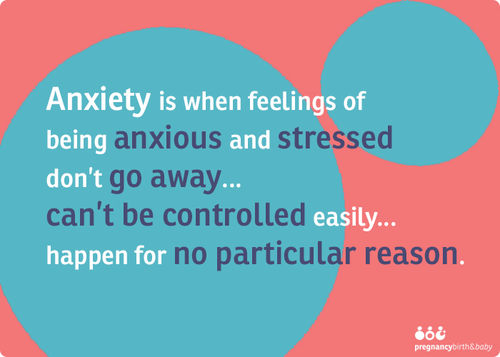 At the same time, there are many cases when panic attacks during pregnancy were completely gone and no longer bothered the woman. And vice versa - a long-term panic disorder during pregnancy can return. It also happens that the first episode of the disease occurs after the onset of pregnancy.
At the same time, there are many cases when panic attacks during pregnancy were completely gone and no longer bothered the woman. And vice versa - a long-term panic disorder during pregnancy can return. It also happens that the first episode of the disease occurs after the onset of pregnancy.
Both the relapse and the debut of the disease in the expectant mother are explained by the fact that the hormonal system of a woman becomes unbalanced with the onset of pregnancy, anxiety increases, and fear for the unborn baby appears. All this is stress for a woman, namely, it is a trigger for the development of panic disorder, and an anxious, unstable state while waiting for motherhood is fertile ground for him.
Panic attacks during pregnancy are not uncommon, so there are effective treatments specifically for expectant and nursing mothers that can save a woman from panic attacks without harm to the baby.
How to help a pregnant woman with panic disorder
The main tool for dealing with panic attacks in pregnant and lactating women is psychotherapy. Antidepressants used as maintenance therapy are highly undesirable in the first trimester, and in the second and third they are prescribed only for severe panic disorder, when the benefit to the mother is higher than the risk to the fetus (the condition of the woman requires it).
It is the work with a psychotherapist that will help to reveal the hidden causes that caused panic disorder. Treatment is carried out on the basis of these reasons - negative attitudes are worked out and replaced with positive ones, hidden fears are revealed, self-esteem and self-confidence are improved.
The specialist will explain why panic attacks occur during pregnancy, what to do when an attack approaches and during it, teach relaxation and control over thoughts and emotions. These skills will help stop an impending attack in the bud. Gradually, the frequency and intensity of seizures will decrease, and pregnancy and motherhood will give only positive emotions. Do not self-medicate, turn to a professional to give peace and happiness to yourself and your baby.
We know how to help expectant and nursing mothers suffering from panic disorder. The doctors of the Center have the most modern and effective methods of psychotherapy in their arsenal, which will help to completely get rid of panic attacks without the use of antidepressants. The good mood and calmness of the mother is the key to the harmonious development of the baby. Therefore, you do not need to fight fear on your own - come, we will definitely help you.
Panic attacks during pregnancy, panic, IRR in pregnant women
- Home
- >Pregnancy
- >Panic attacks and IRR during pregnancy
Pregnancy for the female body, although a natural state, is often accompanied by an exacerbation of chronic diseases and the acquisition of new ones. Many women during pregnancy experience anxiety, tension, a sense of fear, panic, which sometimes turn into panic attacks. Even in the normal state, panic attacks require treatment, and even more so during pregnancy. A woman's body is undergoing hormonal changes, which is an additional provocateur for the occurrence of panic attacks. Reception of medicines during pregnancy is limited. However, non-pharmacological methods of treatment come to the rescue. These are relaxation techniques aimed at relieving hypertonicity, tension, harmonizing the psycho-emotional state of a woman.
A woman's body is undergoing hormonal changes, which is an additional provocateur for the occurrence of panic attacks. Reception of medicines during pregnancy is limited. However, non-pharmacological methods of treatment come to the rescue. These are relaxation techniques aimed at relieving hypertonicity, tension, harmonizing the psycho-emotional state of a woman.
In our clinic, you can undergo a treatment course of procedures that will help women cope with panic attacks and panic attacks during pregnancy, as well as manage stress, attacks of vegetovascular dystonia (VVD). The action of this course has a lasting effect, which is a significant advantage. You will learn at home how to independently regulate the state of tension. The action of individual procedures will also help to situationally cope and alleviate attacks of VVD and panic attacks during pregnancy.
These procedures are relevant not only during pregnancy, but also during the period of preparation for childbirth and lactation. The use of this or that therapy during pregnancy is possible only after consultation with a neurologist. Despite the fact that all methods are "soft", their use must be confirmed by examination and history taking of the pregnant woman and analysis of the course of the pregnancy itself.
The use of this or that therapy during pregnancy is possible only after consultation with a neurologist. Despite the fact that all methods are "soft", their use must be confirmed by examination and history taking of the pregnant woman and analysis of the course of the pregnancy itself.
Non-drug treatments for panic attacks and IRR attacks during pregnancy and lactation:
- psychotherapy
- biofeedback therapy
- acupuncture
- manual therapy
- massage
- home relaxation training
The optimal complex will be selected by a neurologist after consultation and examination. In addition to non-drug treatments, drug therapy may be prescribed, which is allowed during pregnancy and breastfeeding.
Together with our specialists you will spend your pregnancy calmly and comfortably!
We are waiting for you at the reception!
-
Naprienko Margarita Valentinovna
Chief physician, doctor of medical sciences, professor, neurologist of the highest category -
Ekusheva Evgenia Viktorovna
Neurologist, Doctor of Medical Sciences, Professor -
Latysheva Nina Vladimirovna 9000.




